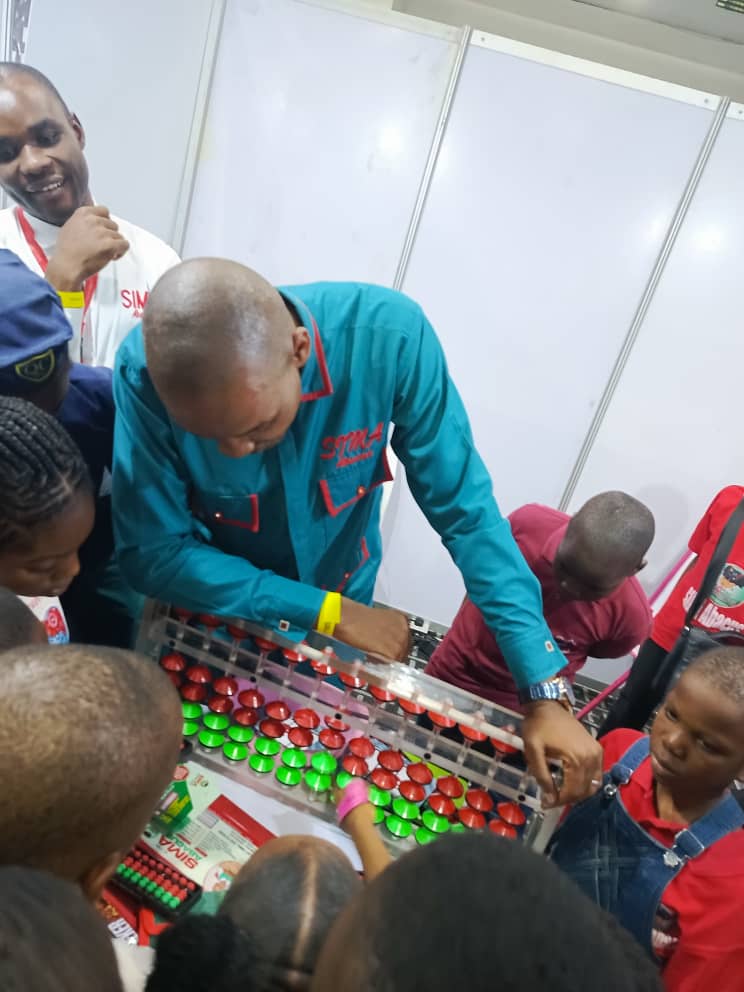Abacus learning for Nigerian parents is becoming one of the smartest ways to help children succeed—not just in school, but in life. In today’s world, where competition is fierce and children face tougher academic challenges, giving them an extra edge has never been more important. One of the most effective tools transforming children’s academic performance worldwide is the Abacus.
Abacus learning goes beyond numbers. It sharpens concentration, boosts memory, builds confidence, and trains the brain to think faster and smarter. For Nigerian children, who often face pressure from exams like Common Entrance, WAEC, or JAMB, this extra skill can make all the difference.
In this guide, you’ll discover everything you need to know about abacus learning—what it is, why it matters for Nigerian kids, the right age to start, how it works step by step, and how to choose the best program.
What is Abacus Learning?
The abacus is one of the oldest calculating tools in the world. It uses beads arranged on rods to represent numbers, allowing children to perform arithmetic by moving the beads.
But abacus learning is more than moving beads—it trains children to visualize numbers in their minds. Over time, they learn to perform complex calculations mentally, without relying on the physical tool.
In Nigeria, where many children struggle with math anxiety, abacus training is a proven way to make learning math fun, engaging, and effective.
Why Abacus Learning for Nigerian Parents is the Right Choice for Kids
Nigerian children face increasing academic pressure, from early school tests to competitive exams like WAEC and JAMB. Without a strong math foundation, many kids lose confidence and develop fear toward numbers.
Abacus learning equips children with:
- A strong foundation in math
- Sharper concentration for exams
- Problem-solving skills for life
It’s not just about passing exams—it’s about building confidence and critical thinking skills that carry over into every subject and stage of life.
10 Benefits of Abacus Learning for Nigerian Children
- Boosts concentration – Children stay focused for longer periods.
- Improves memory – Visualization techniques strengthen recall.
- Builds confidence in mathematics – Removes math fear and replaces it with excitement.
- Enhances problem-solving skills – Encourages logical and creative thinking.
- Encourages independence – Kids solve problems without over-dependence on calculators.
- Reduces exam anxiety – Mental calculation speeds up performance under pressure.
- Develops listening & observation skills – Important for school learning.
- Strengthens both sides of the brain – Improves balance between creativity and logic.
- Improves academic performance – Skills transfer into other subjects like science.
- Provides a lifelong skill – Mental math stays useful throughout life.
Best Age to Start Abacus Learning for Nigerian Parents to Consider?
The ideal age to start is 4 to 14 years old.
- Younger children (4–7 years): Pick it up quickly, since their brains are still highly adaptable.
- Older children (8–14 years): Still benefit, especially in exams and secondary school math.
Even late starters can gain focus, memory, and speed in math, though younger learners usually progress faster.
How Abacus Training Works Step-by-Step
- Foundation Stage – Children learn how to use the beads physically.
- Visualization Stage – They begin to picture the abacus in their minds.
- Mental Math Stage – They perform calculations mentally, without beads.
- Application Stage – They apply skills to real-life math problems, gaining confidence.
This gradual process ensures that kids move from hands-on learning to independent thinking.
Abacus vs. Calculators & Apps
Some parents ask: “Why not just give my child a calculator?”
Here’s the difference:
- A calculator solves the problem for the child.
- The abacus trains the child’s brain to solve problems by itself.
While calculators and apps are tools, they don’t build mental agility. Abacus training develops thinking ability, memory, and focus, which stay with the child long after exams.
Success Stories of Abacus Learners
All over Nigeria, parents are noticing the difference:
- Children who once struggled in math now solve problems faster than their peers.
- Kids develop new confidence, becoming leaders in class.
- Even shy students gain the courage to participate in lessons.
At SIMA Abacus, we’ve seen children improve not only in math but also in subjects like science and reading—because the abacus sharpens the whole brain.
How to Choose the Right Abacus Program in Nigeria
Not all programs are the same. Parents should look for:
- Qualified instructors with experience teaching children.
- Structured curriculum that moves from basics to advanced.
- Proven results with testimonials from other parents.
- Supportive environment where children feel encouraged.
At SIMA Abacus, we provide all these and more, making us one of the most trusted abacus programs for Nigerian parents.
Enrolling Your Child at SIMA Abacus
Getting started is simple:
- Call or WhatsApp us at +2348135178604 or +2347017275320
- Send us an email at simaabacus@gmail.com
- Visit simaabacus.com to learn more.
📌 Don’t wait—give your child the edge to succeed this term and beyond.
Conclusion
Abacus learning is more than just math—it is a tool that helps Nigerian children develop confidence, focus, and problem-solving skills for life. In a world where academic excellence matters, the abacus gives your child the foundation to thrive.
At SIMA Abacus, we make abacus learning for Nigerian parents simple, accessible, and effective.
📞 Contact us today and watch your child grow into a confident learner!

